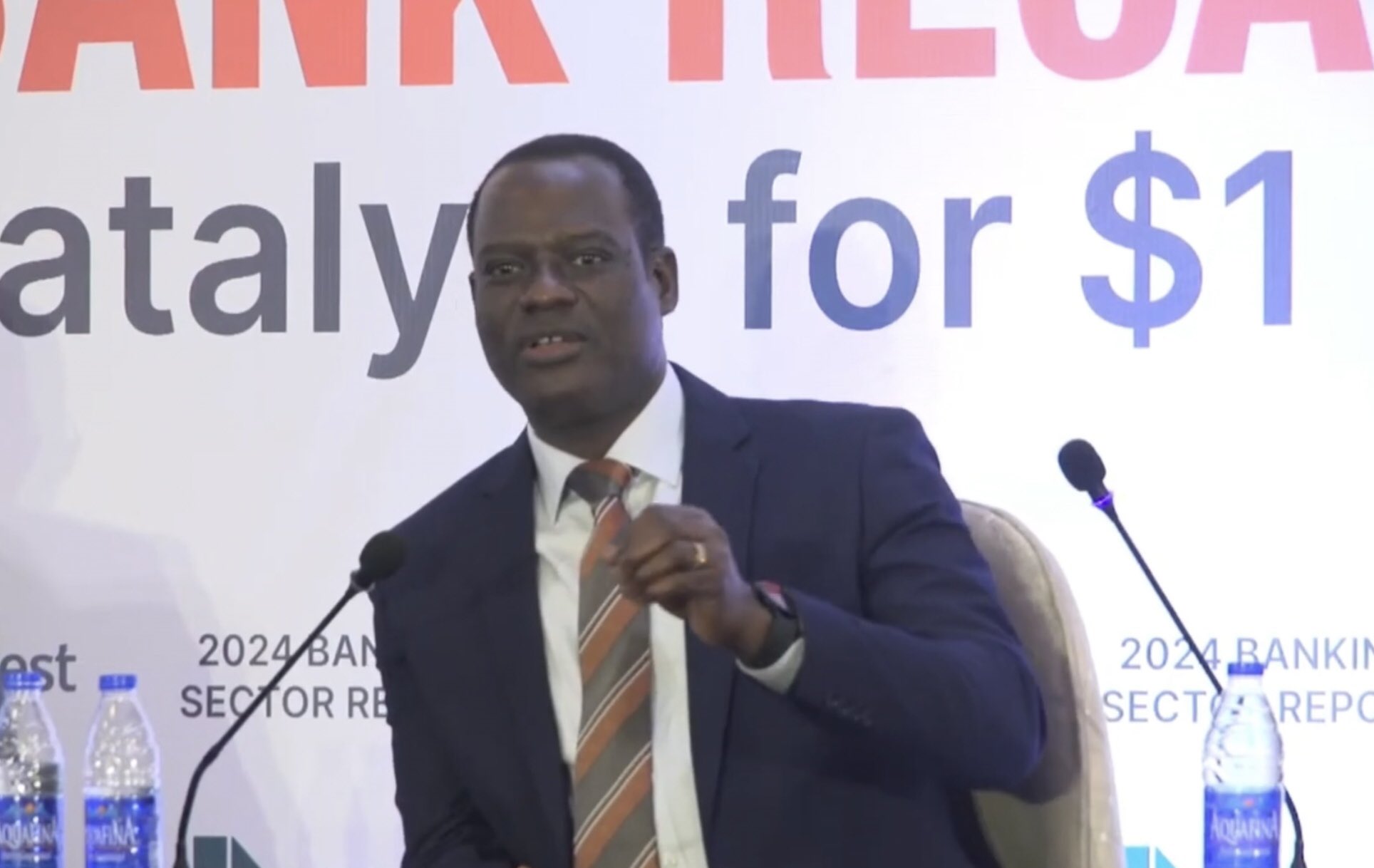
With effect from January 2025, small businesses with an annual turnover below N25 million will no longer be liable for withholding tax.
This follows the publication of the Deduction of Tax at Source (Withholding) Regulations, 2024, in the official gazette.
The publication was announced by the Chairman of the Presidential Fiscal Policy and Tax Reforms Committee, Mr. Taiwo Oyedele, via his official X (formerly Twitter) handle yesterday.
The regulations grant rate reductions and full exemption from withholding tax to many businesses, including Small and Medium Enterprises (SMEs) with an annual turnover not exceeding N25 million.
According to Oyedele, the commencement date of the new regulations is 30th September 2024, while implementation begins on 1st January 2025, to allow for the minimum 90-day notice required for tax changes in line with the 2017 National Tax Policy.
“However, there is a provision permitting the Federal Inland Revenue Service (FIRS), with the approval of the Finance Minister, to issue guidelines for the implementation of the regulations and, where appropriate, permit early application of the regulations from 1st July 2024,” he said, adding, “The essence of this provision is to enable persons who wish to adopt the regulations early to do so, given that it is generally providing relief to businesses rather than imposing a burden.”
Withholding tax was introduced into the Nigerian tax system in 1977 to serve as an advance payment of income tax on specified transactions. It was designed to provide the government with a regular revenue flow and to serve as a means of curbing tax evasion.
Part of the new changes to the regulation include exemption of small businesses from withholding tax compliance; reduced rates for businesses with low margins; exemptions for manufacturers and producers, such as farmers; measures to curb evasion and minimise tax avoidance; ease of obtaining credit and utilisation of tax deducted at source; changes to reflect emerging issues and adopt global best practices, as well as clarity on the timing of deduction and the definition of key terms.
Soon after his assumption of office last year, President Bola Tinubu set up the Presidential Fiscal Policy and Tax Reforms Committee, with Oyedele as chairman, to fashion out a more business-friendly tax regime for the country.
The committee, after extensive consultations with stakeholders from both the public and private sectors, outlined its strategy in a recent public presentation.
The proposal includes changes to the current withholding tax regulations to exempt small businesses from withholding tax obligations as well as lower rates for businesses with lower margins.
It also recommended removing several smaller consumption taxes that states levy independently, which often overlap with federal VAT and create a redundant financial burden on businesses and consumers.






